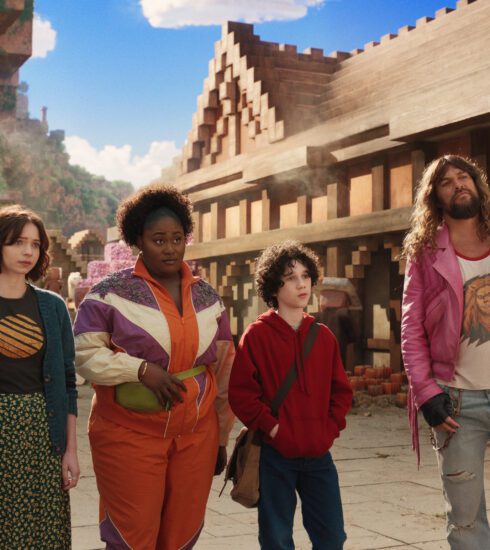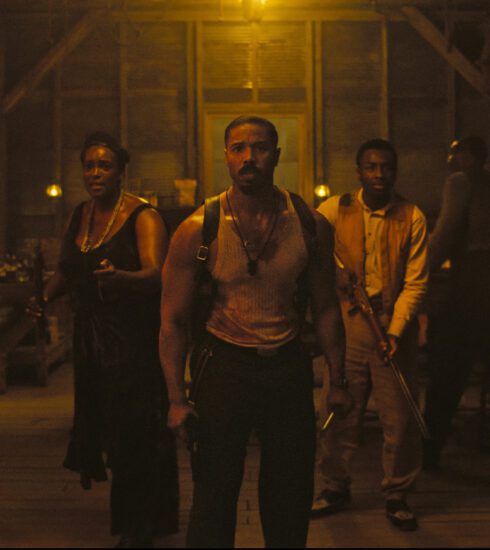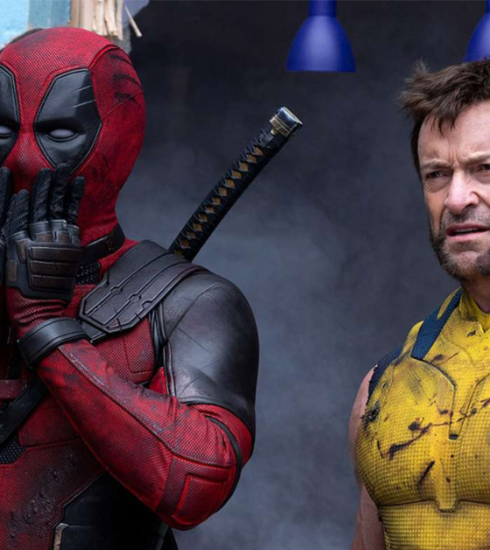Thunderbolts Redefines the Marvel Formula with Depth, Grit, and Heart
Marvel Studios’ Thunderbolts isn’t just another ensemble superhero film—it’s a bold, emotionally charged evolution of the genre. For a franchise often known for its glossy spectacle and clear-cut morality, Thunderbolts dares to be something different: a gritty, soulful narrative that doesn’t just blur the line between hero and villain—it obliterates it.

Directed by Jake Schreier (Robot & Frank, Paper Towns), this 36th installment in the Marvel Cinematic Universe concludes Phase Five with a resonant and raw exploration of flawed characters seeking not just redemption—but connection. Schreier’s direction balances high-octane action with vulnerable, human moments, capturing both the grandeur and the silence between punches. It’s a film that breathes between its explosions.
The screenplay, co-written by Eric Pearson (Black Widow) and Joanna Calo (The Bear), dives deep into themes of trauma, identity, and moral complexity. Characters aren’t perfect here—they’re scarred, disillusioned, and often unsure of where they stand. But that’s what makes this film stand out: Thunderbolts is about people trying to matter. Whether it’s family, forgiveness, or simply the desperate desire to be seen, this film taps into a very human ache.
A Stellar Cast with Emotional Weight
Florence Pugh returns as Yelena Belova, and quite simply, she’s the film’s magnetic core. Witty, wounded, and fiercely loyal, Pugh brings a raw vulnerability to Yelena that elevates every scene she’s in. Already a fan favorite from Black Widow and Hawkeye, this performance takes her to astonishing new depths. She doesn’t just carry the film—she humanizes it.
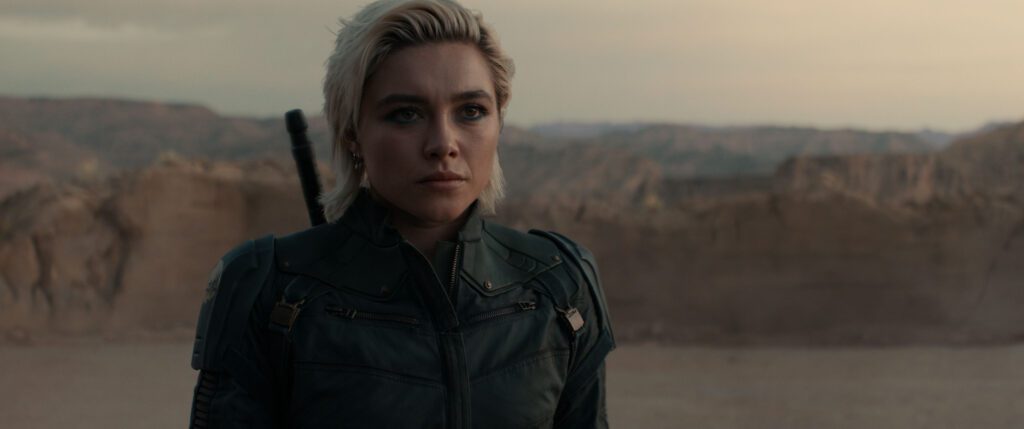
David Harbour reprises his role as Red Guardian, providing a complex mix of humor, aging pride, and heartbreak. His scenes with Pugh are among the film’s most emotionally honest. Sebastian Stan’s Bucky Barnes finds unexpected emotional resonance as a man still healing from decades of violence, while Wyatt Russell’s U.S. Agent gives us the uncomfortable mirror image of patriotism gone awry—still seeking purpose, still aching to be understood.
Olga Kurylenko (Taskmaster) and Hannah John-Kamen (Ghost) explore power and control in deeply internal ways, and newcomer Lewis Pullman as Sentry brings psychological weight to the ensemble as a superpowered being battling inner torment. Rounding out the team is the ever-calculated Valentina Allegra de Fontaine, with Julia Louis-Dreyfus delivering cold cunning with layers of sly complexity.
Crafted with Care Behind the Camera
Visually, Thunderbolts is grounded and cinematic. Cinematographer Andrew Droz Palermo (Moon Knight) gives the film a texture that feels lived-in—less polished, more intimate. The fight scenes are visceral, but it’s the still moments that leave lasting impressions. The score by Son Lux is haunting and beautifully composed, seamlessly enhancing both the action and the emotion without ever overpowering.
A Story with Soul
What makes Thunderbolts so compelling is that every character is given space to not only fight, but to feel. No one is reduced to comic relief or a mere plot device. The chemistry crackles because the writing dares to let each person carry the weight of their past, their choices, and their fears. This is character-driven storytelling inside a superhero shell—and it’s done right.
There are no “chosen ones” here. Just broken people who still dare to choose something better.
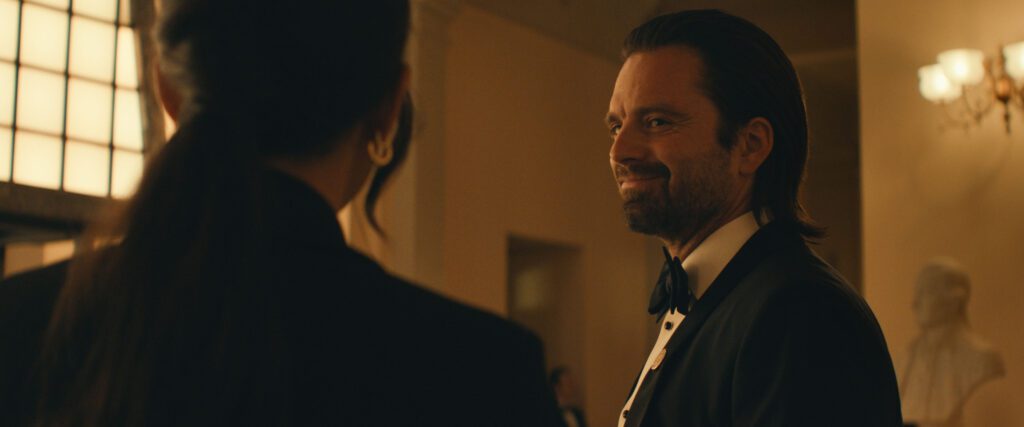
Verdict: Must-See
Thunderbolts is a revelation—not just for Marvel loyalists, but for anyone craving emotionally rich, narratively brave storytelling. It’s not the flashiest film in the MCU, but it may be one of its most human. It’s a movie that stays with you long after the credits roll—not because of what exploded, but because of who you saw yourself in.
This is Marvel grown up. This is a bold new chapter. This is a must-see.




